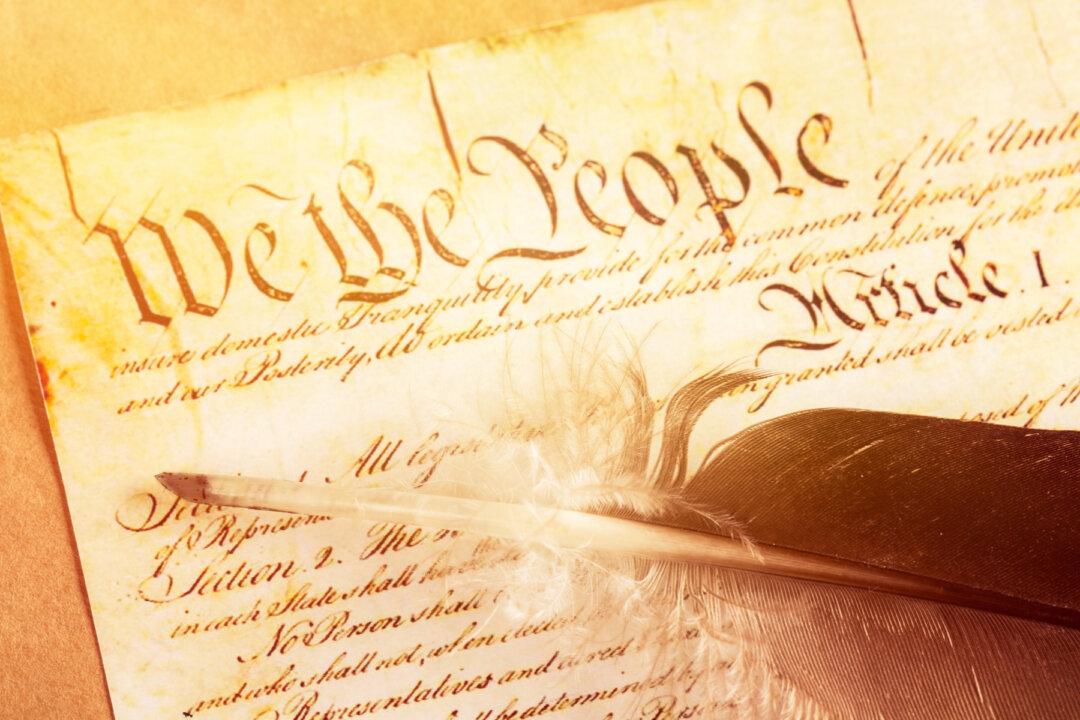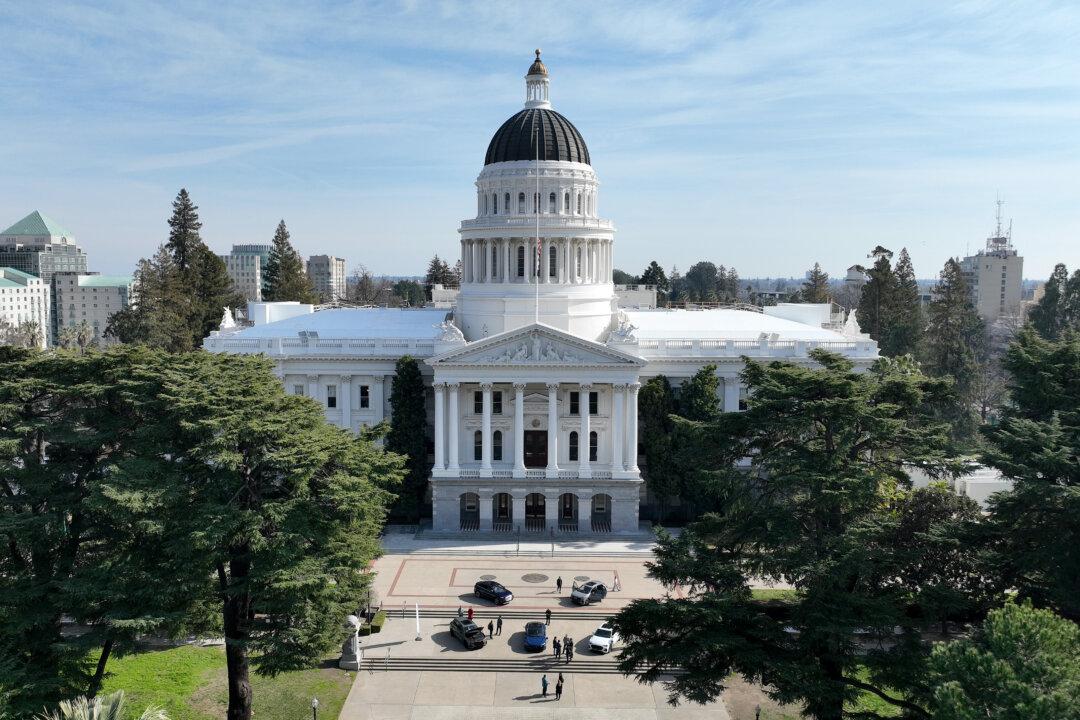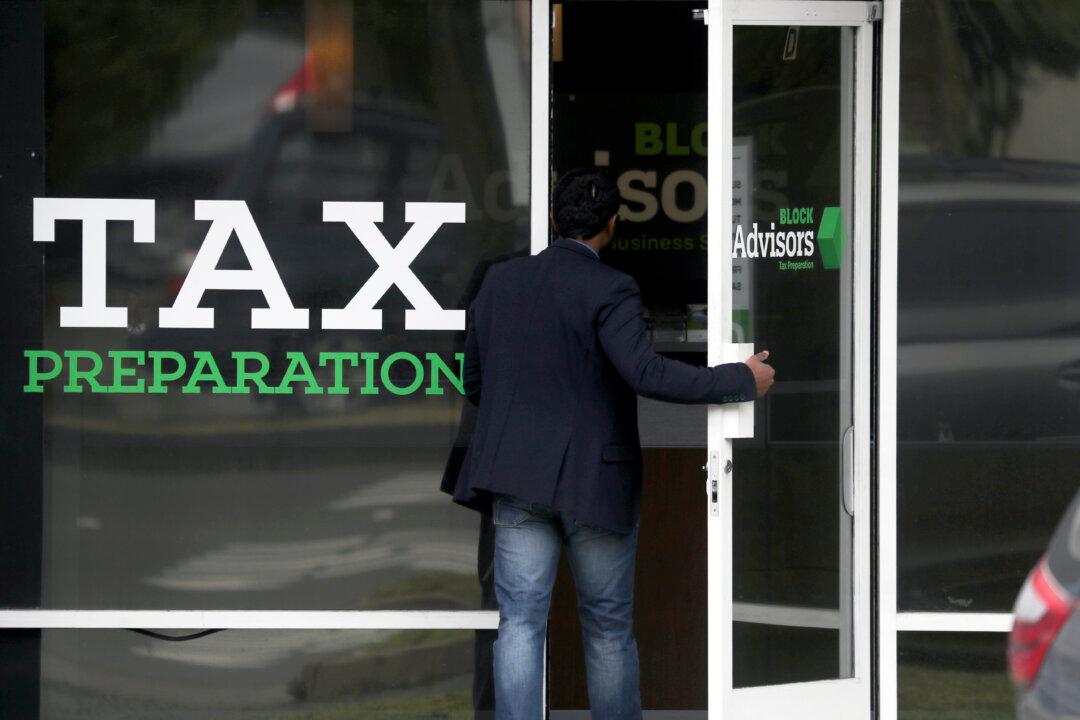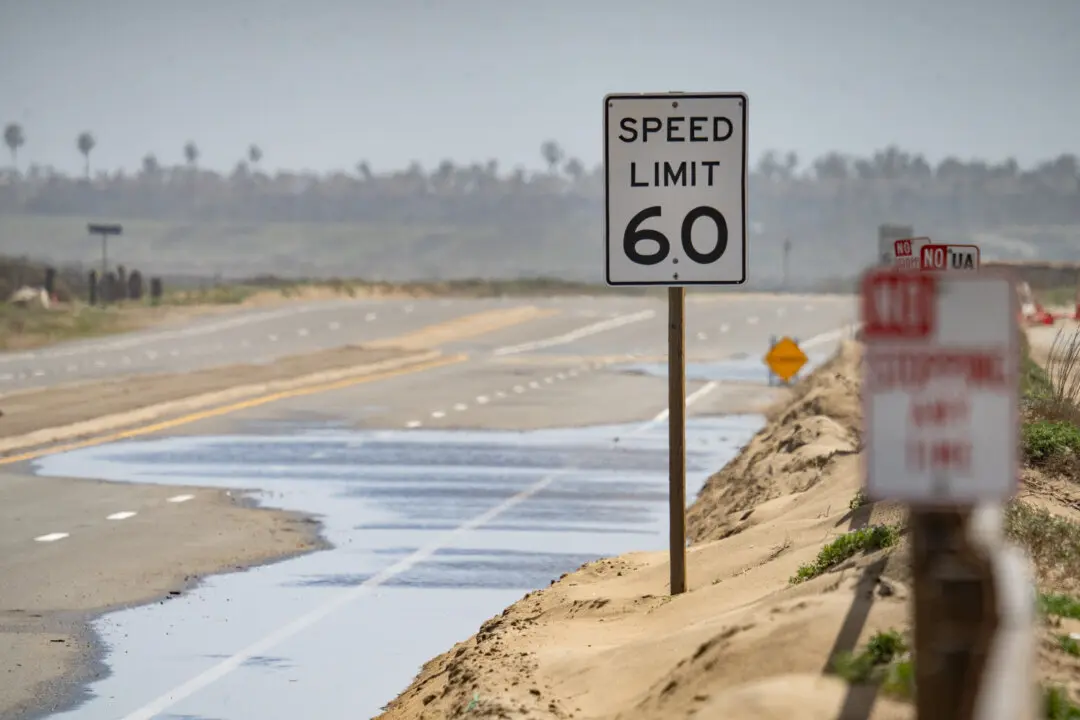A bill that seeks to prevent “faithless electors” among California’s electoral college members during presidential elections has passed unanimously in both houses of the state legislature and now awaits Governor Gavin Newsom’s final decision.
A faithless elector is someone who does not vote for the candidate they had pledged to vote for as a member of the electoral college.





